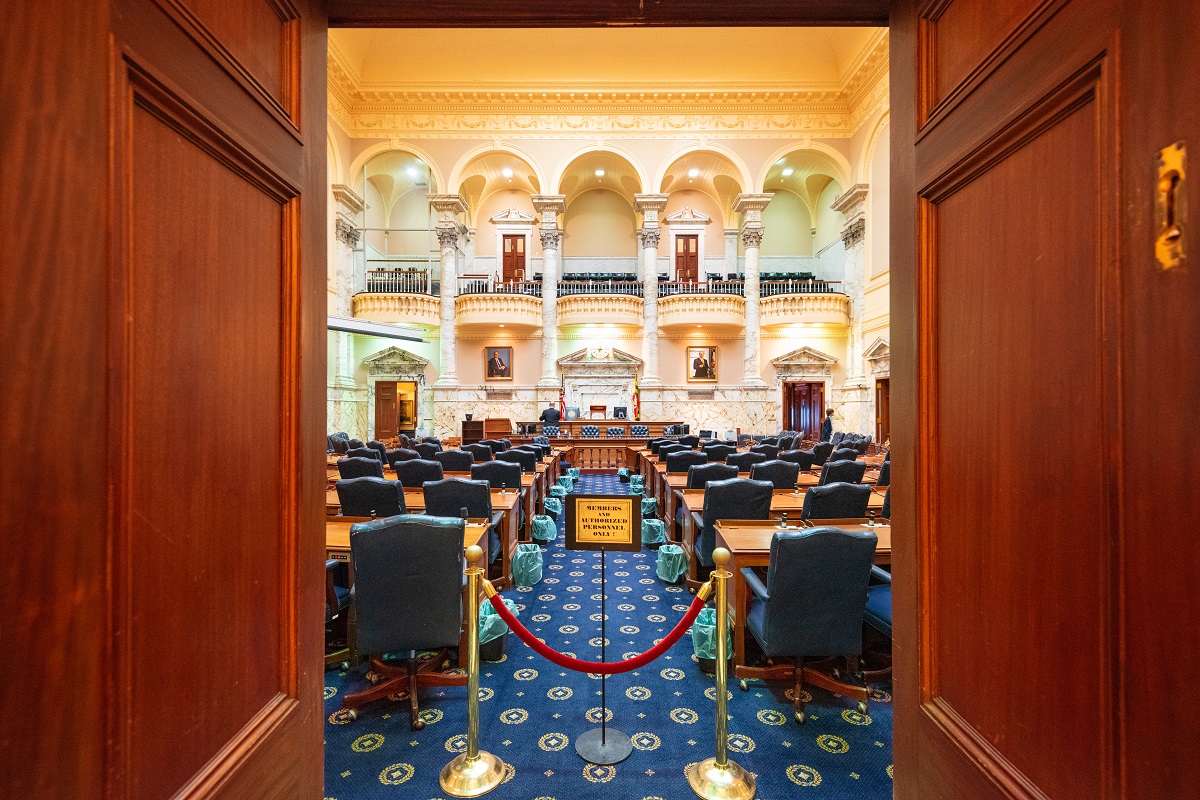Minnesota Gov. Tim Walz recently signed into law HF 4757, the Minnesota Consumer Data Privacy Act, making Minnesota the 18th state to enact a comprehensive consumer data privacy law. The Act will go into effect July 31, 2025.
Posts tagged as “Privacy”
Delaware Gov. John Carney on Sept. 11 signed into law House Bill 154, the Delaware Personal Data Privacy Act. This makes Delaware the 12th state to enact a comprehensive consumer data privacy law.
Oregon Gov. Tina Kotek has signed into law Senate Bill 619, making Oregon the 11th state to enact a comprehensive consumer data privacy law, following California, Virginia, Colorado, Utah, Connecticut, Iowa, Indiana, Tennessee, Montana, and Texas. The Act will go into effect July 1, 2024.
Nevada installment loan companies are subject to significant new data security requirements as specified in Nevada Senate Bill 355, which was approved by Gov. Joe Lombardo in June and goes into effect Oct. 1, 2023.
Tennessee Gov. Bill Lee on May 11 signed into law House Bill 1181, making Tennessee the eighth state to enact a comprehensive consumer data privacy law, following California, Virginia, Colorado, Utah, Connecticut, Iowa, and Indiana. The law will take effect July 1, 2024.
Indiana Gov. Eric Holcomb on May 1 signed into law Senate Bill 5, making Indiana the seventh state to enact a comprehensive consumer data privacy law, following California, Virginia, Colorado, Utah, Connecticut, and Iowa. The law will take effect Jan. 1, 2026.
The Texas House of Representatives on April 4 voted unanimously in favor of Texas House Bill 4, the Texas Data Privacy and Security Act. The Texas legislature remains in session through May 29, so there is ample time for the legislation to continue its course.
The Illinois Supreme Court recently held that a separate claim accrues under the Illinois Biometric Information Privacy Act each time a private entity scans or transmits an individual’s biometric identifier or other protected information in violation of section 15(b) or (d) of BIPA.
The upward trend in data privacy legislation continued in 2022. According to the National Conference of State Legislatures, “[a]t least 35 states and the District of Columbia in 2022 introduced or considered almost 200 consumer privacy bills,” which is a significant increase from 160 bills in 2021.
In a pair of recent enforcement actions, the Federal Trade Commission cracked down on companies with allegedly lax data security measures that resulted in the theft of personal information of millions of consumers.
On Oct. 25, 2022, the Director of the Consumer Financial Protection Bureau (CFPB), Rohit Chopra, announced at a fintech conference that the CFPB “will launch the process to activate a dormant authority under Section 1033 of the Consumer Financial Protection Act . . . [to] provide for personal financial data rights for Americans . . .”
On Sept. 27, Michigan Sen. Rosemary Bayer and eight fellow Democrat cosponsors introduced Senate Bill 1182, which would create the Michigan Personal Data Privacy Act. The Michigan Legislature remains in session through the end of the year.












